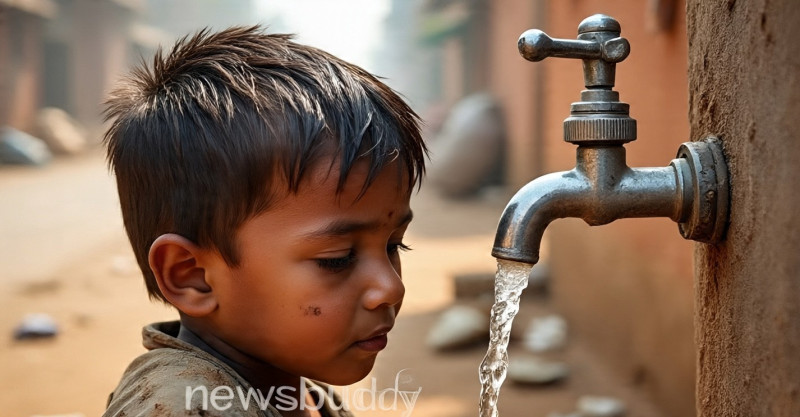India is reeling under one of the hottest summers in recorded history. From Rajasthan to West Bengal, heatwaves are not only disrupting lives but also exposing the harsh reality of climate change. With temperatures soaring beyond 48°C in some regions, it’s clear — the climate crisis is no longer a distant threat. It’s here, and it’s hurting.
Record-Breaking Heatwaves Across India:
-
Delhi NCR reported temperatures above 46°C for several consecutive days in June 2025.
-
Rajasthan’s Phalodi touched 49.3°C, nearing the 2016 all-time high of 51°C.
-
Kolkata, Bhubaneswar, and Patna saw heat index levels over 50°C due to humidity.
-
IMD (India Meteorological Department) has issued Red Alerts for multiple states.
Impact on Daily Life:
-
Schools and colleges are being shut early.
-
Power demand has hit all-time highs, leading to blackouts in some cities.
-
Outdoor workers and farmers are facing extreme health risks.
-
Major crops like wheat and mangoes are seeing yield drops due to heat stress.
-
Hospitals report a spike in heatstroke and dehydration cases.
Why Is This Happening?
-
Global Warming: Rising greenhouse gas emissions have intensified heatwaves.
-
Urban Heat Islands: Concrete cities trap more heat than rural areas.
-
Deforestation and water crisis have worsened the situation in many states.
-
El Niño has also influenced abnormal temperature patterns.
Government and Public Response:
-
IMD’s Heatwave Action Plans now include early alerts via SMS and mobile apps.
-
Misting systems, water booths, and cooling shelters are being set up in some cities.
-
Several states are issuing work advisories to protect laborers.
-
Experts are urging people to avoid travel between 11 AM to 4 PM.
What Can You Do to Stay Safe?
-
Stay hydrated – Drink water every 30–45 minutes.
-
Avoid direct sunlight – Use umbrellas, caps, or stay indoors during peak heat.
-
Eat light meals and avoid caffeine/alcohol.
-
Wear loose, light-colored cotton clothes.
-
Use ORS (oral rehydration salts) if feeling weak or dizzy.
Heatwaves are not just a weather event — they are a climate emergency warning. If India doesn’t act fast on climate policy, renewable energy adoption, and environmental awareness, this may become our new normal. Climate change is a slow fire — and this summer is just the beginning.



